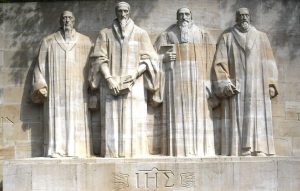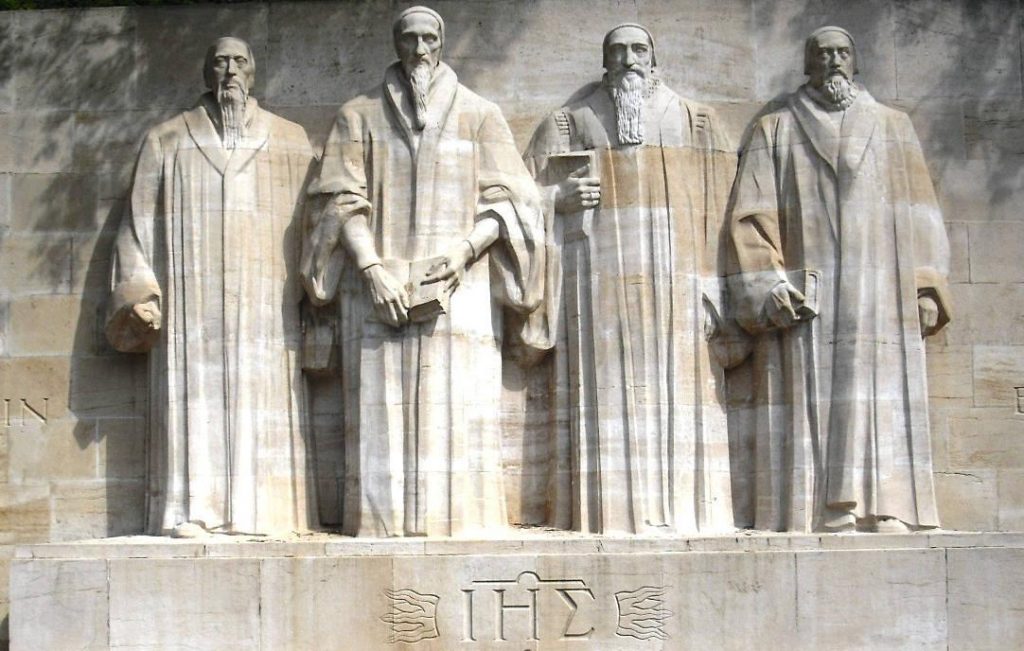
Assertion: “Religion has nothing to do with culture. Culture has nothing to with corruption. In India, it is bad because we have few bad men at the helm”
Legend: It is an unchallenged belief among many in North India that European and Western culture is primarily Christian. Therefore, when confronted with the underbelly of Hindu belief system, they counter by citing the stupidity of biblical understanding of the world. In this rebuttal, this point is answered. Also, discussed is the importance of religion and culture in conditioning the material output of a nation.
Rebuttal
Far from it. Religion condition culture and culture condition the wealth of a society. It breaks or makes the society.
Culture operates like ‘peer-pressure ‘.Culture exists in peoples mind. It shows and teaches people how to behave in different contexts. It
had a profound effect on how a society behaves in different situations. As religion is/was historically a major influence that ‘condition’ society, it has a remarkable effect on culture.
Although there are contours that are conditioned by Christian faith, the current European culture does not derive from the commandants of biblical verses. Europe is not entirely Christian as is made out to be. There are multiple historical discontinuities that made European culture diverge from what it was once.
The historical discontinuities that made the current Europen and thereby Western culture, include European renaissance, the European Reformation (primarily in Germany, Britain and certain other Northern European nations- the Anglo-Saxon communities) and the English Restoration, European Enlightenment and the Scottish Enlightenment. Each of these events took European culture in different trajectories. Similarly, certain events happening in certain regions of Europe lead that part of Europe assumes different course versus the rest of Europe ( e.g., Protestant movement in Germany and Britain differentiating these nations from the rest of Europe).
European Enlightenment, the zenith of these movements tend to make a critical differentiation- it set on methods of believing and understanding what is real knowledge. Here it differentiated what can be seen and verified employing senses from what is written in holy books (Empiricism over religious mysticism). However, Enlightenment thinkers didn’t have the means ( or evidence) to completely dislodge religion from their life completely. Therefore, they made an implicit compromise with religion- of keeping it under abeyance. Also, certain horrible events like the Thirty Years War – that decimated 20-30% of their population – based on religious divisions made them reflect on the pernicious effect of religion in political discourses. But later as science matured and when it started to explain more and more natural phenomena the sidelining of religion from public arena become more and more evident. Critical discoveries like the theory of evolution made an influential effect on the ‘credibility ’ of the religious canon. Intervention in the late 20th century like that of evolutionary biologist Richard Dawkins made this process so persuasive that now agnostics are a majority of advanced nations like Britain and Germany.https://www.rt.com/uk/388409-secularization-religion-islam-christians/
A sub-European movement that created a further divergence of Germany, Britain and certain other adjacent Northern European nations is the Protestant movement. Martin Luther spearheaded this movement against the corrupt practices of the Church at that time (https://en.wikipedia.org/wiki/Indulgence). He removed priests as the mediator between the Bible and the layperson and brought about a wave of literacy movement that would enable local artisans and toolmakers a means to communicate in text. This event had a remarkable effect in the developed and, propagation technology and science in these communities. Further, a sect of Protestant called Calvins developed a theology which stated that all people are doomed to go to hell- (i.e. all people are doomed to reach hell by default) except with one method of salvation- WORK. Calvinist considered work as a means of salvation. They consider begging as sin.
Most of the Europeans who migrated to Northern America were Protestant Calvins. Most of them were destitute fleeing poverty in their native state. North American, unlike South America (populated by the Catholic Spanish and Portuguese), didn’t have precious metals the South had. Their only way of getting out of their misery was WORK. And Calvinism had dictated that they can avoid the certain fate of hell by working. Work was devotion for the Protestants. Sociologist like Max Weber considers this as the critical cultural factor that leads the North Americans and the Anglosaxon nations excelling the South Americans and the maritime pioneers like the Spanish and the Portuguese in global domination.
Hits: 7274

